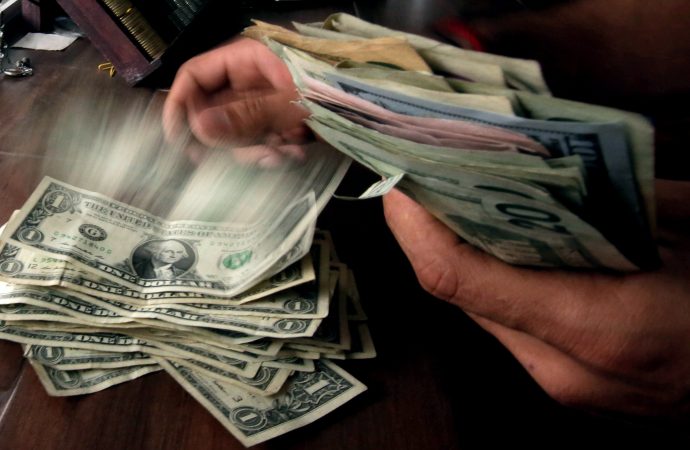Bishop Claudio Cipolla of Padua has announced a new diocesan training course after an elderly priest who ran a charitable association was scammed out of more than $450,000, saying this is not the only case of defrauding priests in their area.
In a May 18 statement, Cipolla said the incident involving the elderly priest, who was in his 80s, “pains us greatly, both for his person and the reality he represents, but we are particularly grateful for the Finance Police for the investigation they carried out.”
Italy’s Finance Police announced May 18 that they had arrested 11 people in relation to the scam, which unfolded over a two-year period when the elderly priest was still in charge of the charity.
According to the Finance Police, their investigation showed that the swindlers “developed a well-established script consisting of lies such as, for example, family misfortunes, accidents, and judicial vicissitudes aimed at moving the priest to compassion, animated exclusively by the charitable spirit of helping others, making him believe that the only viable solution was represented by the donation of sums of money.”
Police wiretaps showed that the criminals called the priest around 14,000 times between July 2018 and July 2020, systematically inventing “completely non-existent” needs and were able to obtain donations either in cash or in prepaid credit cards, promising to repay the money.
When the priest stepped down and no longer had access to the association’s money, he was threatened, and turned to the police.
“We know that the area of charity is targeted by malicious people,” Cipolla said in his statement, saying that his diocese for years has been “particularly vigilant toward situations of various kinds of fraud committed against priests.”
To prevent similar situations from repeating themselves, he said the diocese is now collaborating with the Finance Police in a bid to “stem the occurrence of such instances as much as possible” through training courses with diocesan clergy, with the goal of ensuring that money destined for charity “doesn’t end up in the hands of fake poor people or organized gangs.”
On April 14, the Diocese of Padua held a livestreamed course titled, “Scams Under the Belltower,” which included several experts, including a financial police officer, who spoke about the signs of fraud or extortion, and the importance of being vigilant. Additional resources have been published in the diocesan weekly paper, La Difesa del Popolo.
In his remarks during the livestreamed course, Cipolla noted that the incident involving the elderly priest swindled out of his association’s money is not an isolated case.
“For some years we have realized that many people, above all priests, but also other people of goodwill who intend to help others, are targeted,” he said, adding, “We have been scammed for large sums, and this is concerning, because obviously someone is profiting and someone is losing, usually the weak and fragile,” beginning with the elderly.
Cipolla noted that priests and others intending to do charity end up falling for scams such as being asked for a small loan to unfreeze an account containing much larger sums; prepaid cards to allegedly buy food or clothing; loan requests that go unpaid; and offers to restore valuable tarnished liturgical items which are never returned.
“This has happened to a lot of priests, or at least to such a number that is has brought true concern,” he said, insisting that scams like this hamper the Church’s ability to care for those who are genuinely poor.
In January 2020 the Diocese of Padua held an initial meeting with Finance Police officers and leaders of various Catholic organizations and groups to shed light on the nature of scams, specifically highlighting those that frequently come up with pastors and other leaders of parish communities.
The training courses, which will cover topics ranging from financial transparency and economic management to how to properly structure a charity with traceable financial transactions and approval requirements before granting loans, are part of a larger effort to ensure the Church is managing its resources well, Cipolla said.
“Money given to priests is not their money, it belongs to the community. Priests must manage it,” he said stressing the importance of mutual trust among the various levels of the diocesan community.
“All of us, all pastors, must have communal sense to help one another,” Cipolla said, voicing hope that the training course “allows us to work together and also to know how to defend ourselves against those who would profit from the goodness of some of us.”

